
The uncomfortable truth is that the practice of sexual abuse and enslavement is condoned by Islamic scriptures.
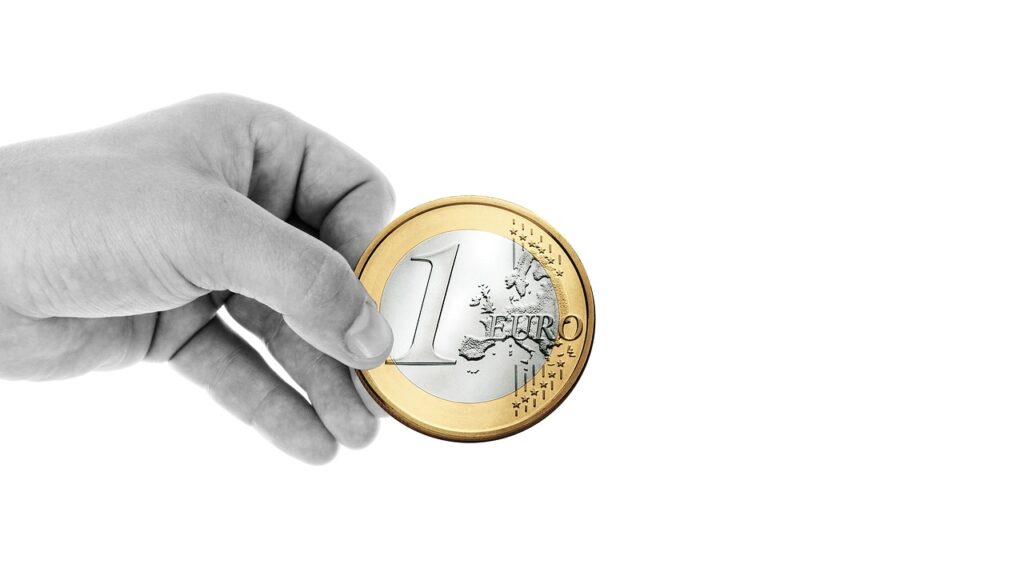
Citizens’ needs won’t be a priority once national leaders are beholden to their fiscal overlords in Brussels and Frankfurt.

The free world should embrace the open flow of investment capital and business ideas, not stifle them with political suspicion.

U.S. attempts to challenge China’s dominance over rare earth elements explain President Trump’s interest in Ukraine and Greenland
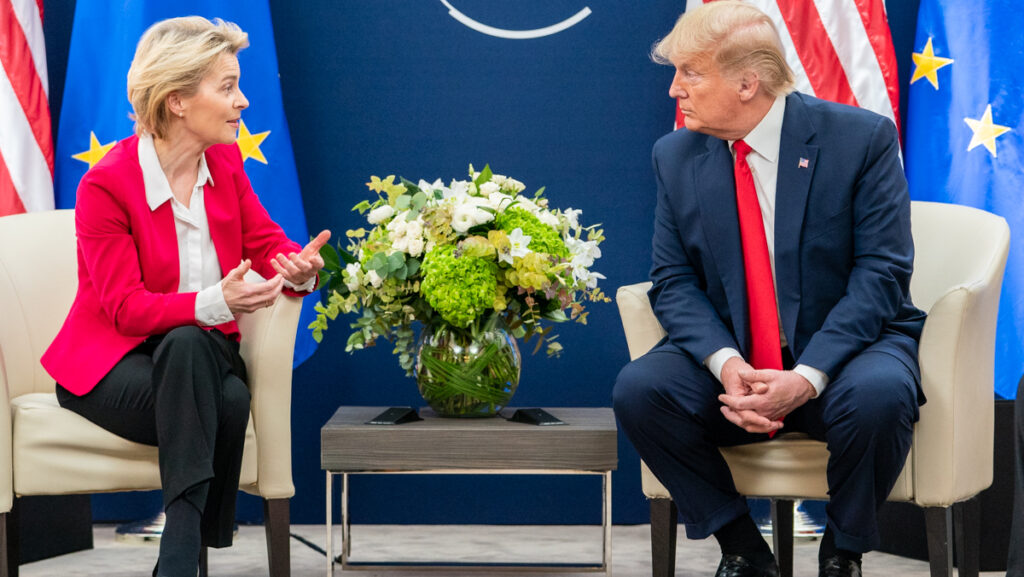
Europe has no clue what Trump’s game is, and member states are fed up with being left in the dark.
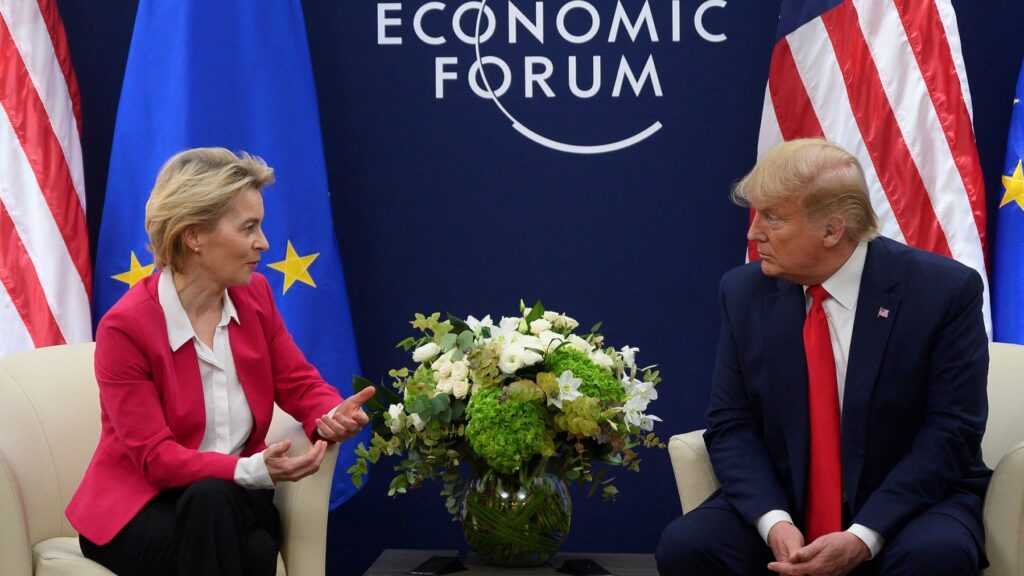
The question is whether Trump’s threat of 50% tariffs will wake up the Eurocrats running a protectionist system whose price is paid by the public.

Why are international institutions and human rights organizations turning a blind eye to the systematic killing and displacement of Christians?

The ‘international community’ has done little besides providing moral, legal, and financial support to bloodthirsty Islamist terrorists, standing against the only democracy in the Middle East.

To date, there are no credible estimates of the fiscal danger associated with NATO’s planned military expansion. We put numbers on it. Prepare to be shocked.

Europe has a rich history of debt crises. Time for Trump to learn from them.

PM Luis Montenegro faces a choice: Forge a robust right-wing government with Chega or cling to the cordon sanitaire and overrule the people’s wishes.

“You either have freedom of speech and fair elections—or you don’t. And the Romanian people deserve both.”

Just two days before the presidential election, it turns out that the very people warning of manipulation were themselves running a covert online campaign.

Portugal’s ruling elites dismantled the country’s border controls. Now they face a political revolt.

Three hours of pointless chatter is a clear testimony to the French president’s political weakness.

The ECJ’s landmark ruling isn’t about vaccines or corruption; it’s a battle for democracy against an elite determined to hide the truth and protect its power.

Such a report’s appeal to the international community is unlikely to succeed so long as there is a strong current of opinion that questions the right of Israel to defend itself when attacked.

The EU has become a club of like-minded elites, outwardly united but privately driven by rivalry and self-interest.

In 100 days, Trump rewrote the global energy map—while Brussels failed.
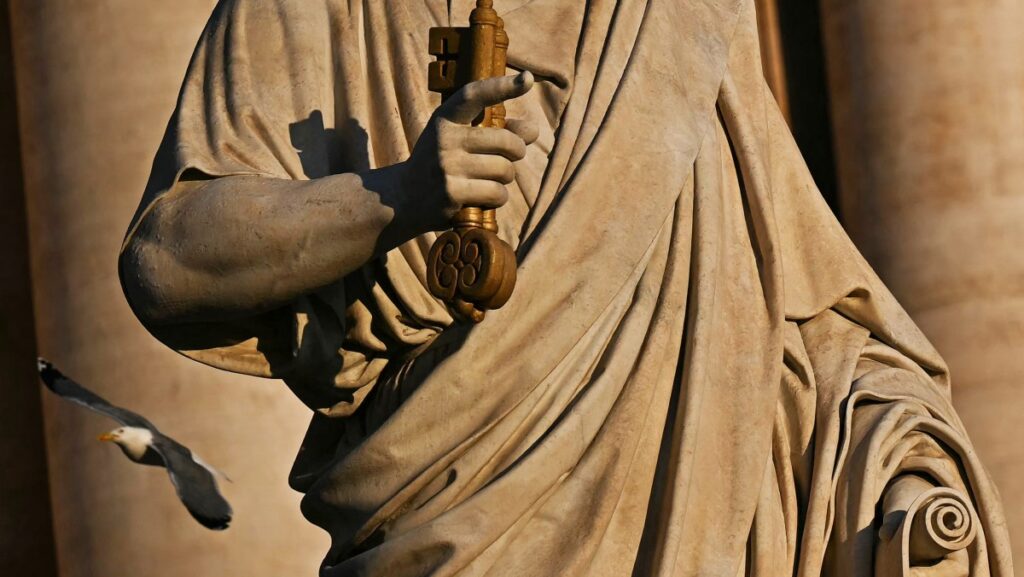
Inside the conclave, calls grow for a leader who can heal and inspire the Church.

Le Pen, Bardella, and Maréchal stand united for a strong French Right—but who will take the lead come election time?
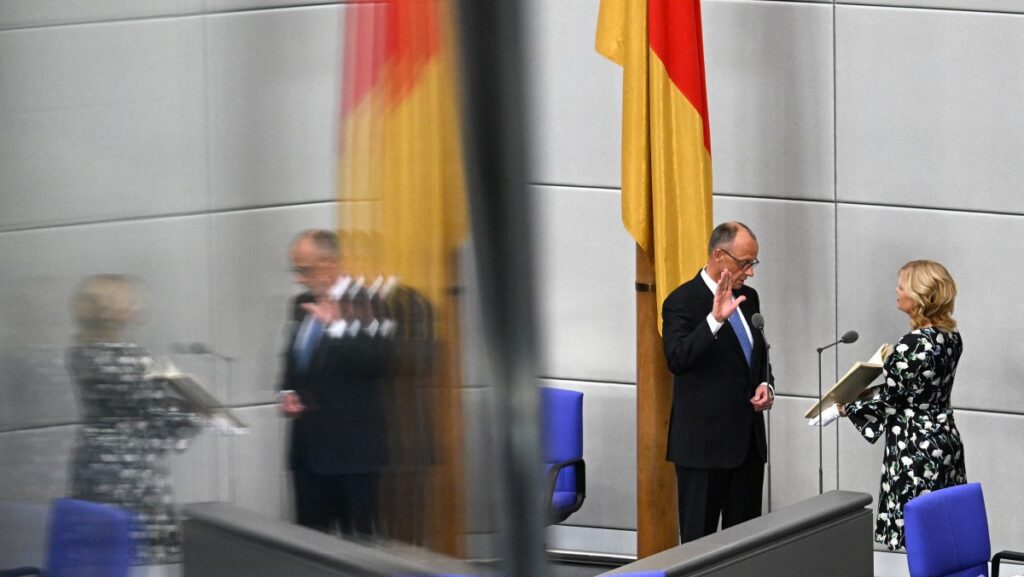
What Germans learnt the hard way about their newly elected chancellor will most likely determine his rule: yes to conservative votes, no to delivering on their priorities.

Trump understood that a nation without an industrial heart loses its soul. Domestic value creation does more than create jobs—it gives communities pride, purpose, and a future.

With French politics in disarray, the man who revives the Right could have a shot at the presidency, boosted by Macronism’s collapse and Le Pen’s legal troubles.

It is highly likely that the next Conclave will lean toward a pragmatic pope— someone capable of gently slowing down reformist pushes without completely reversing course.

Ukraine’s institutional framework reveals profound weaknesses which, should they be overlooked, would undermine the credibility of the Union.

At the end of the day, parties are accountable to their voters, and not to some supranational structure lacking the very demos it claims to represent.

Science, technology, and security are human and cultural issues—and shaping our outlooks on these has never been more urgent.

Shaped by a man known for progressive choices, can the cardinals now prove their independence?
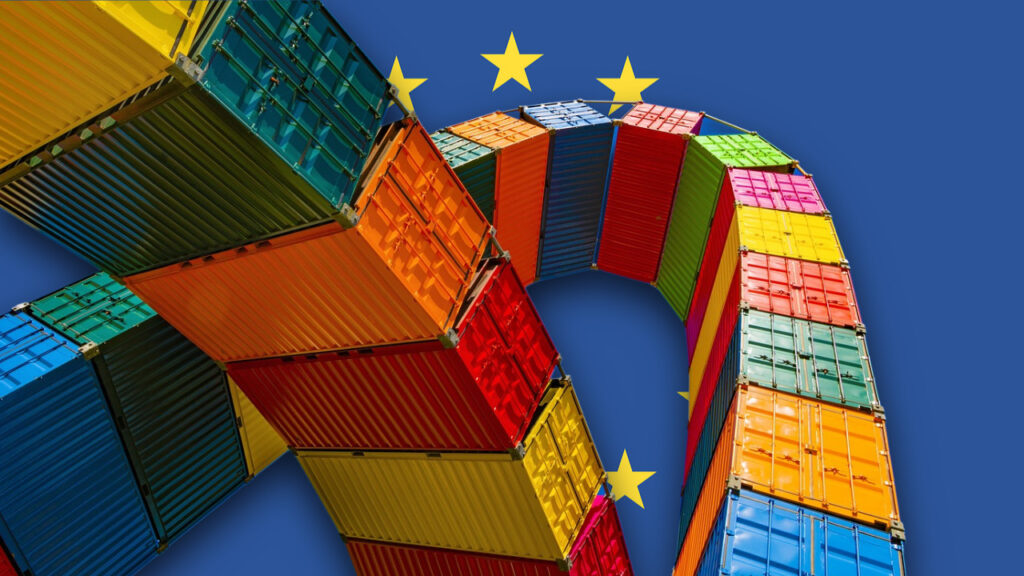
The U.S. trade war gives Europe a golden opportunity to abandon the harmful green trade policies that have undermined the continent’s economy.